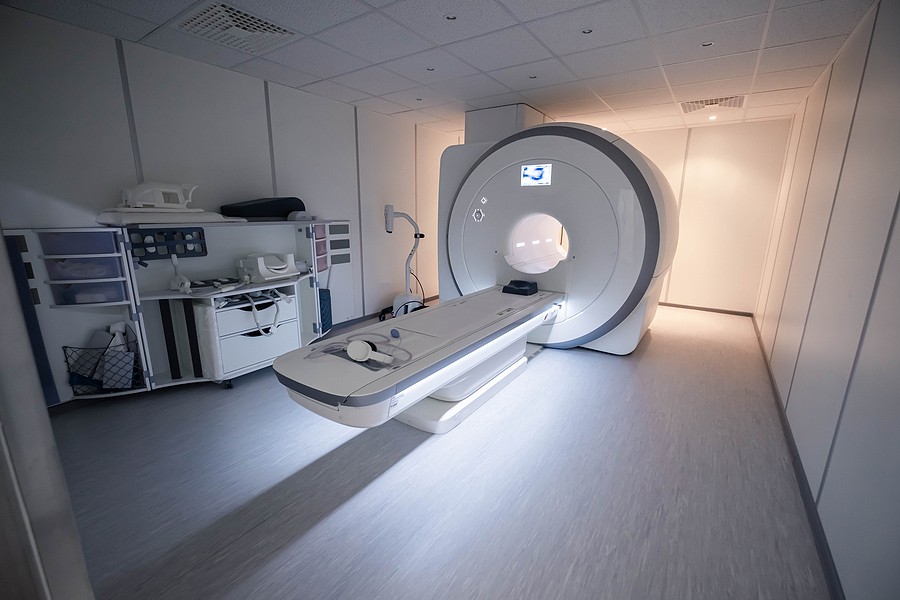Manufacturing has been described as the backbone of the U.S. economy. It is vital to a healthy US economy because it generates a significant portion of GDP, provides millions of jobs, ensures the stability of numerous supply chains, and drives innovation and technological advancements through research and development. It is important to know that CNC machining has revolutionized manufacturing across many industries by increasing precision, efficiency, and repeatability. CNC machining medical devices is a great illustration of the application and benefits of CNC machining.
The Benefits of CNC Machining
CNC, in tandem with computer-aided design (CAD) and computer-aided manufacturing (CAM) software, has launched technology into the forefront of today’s manufacturing processes. In comparison to traditional manual manufacturing methods, CNC machining offers greater precision and production consistency, reduced human error, and less waste. It offers streamlined and faster production due to automation, thus eliminating bottlenecks, and it reduces production costs due to lower operating expenses and reduced energy consumption.
CNC machining enables the creation of complex, intricate, and detailed components and components with tight tolerances. It does so with consistently high quality and dimensional accuracy. These things are critical in CNC machining medical devices. CNC machines can work with a wide variety of materials, including metals, plastics, composites, and ceramics, so the production applications are diverse across industries.
What Industries Use CNC Machining?
CNC machining uses incredibly versatile tools for incredibly versatile applications. Thus, CNC machining has been adopted widely. CNC machining applications are used in the following industries:
- Oil and gas, where CNC machining is used to produce valves, pumps, and drilling equipment.
- Marine, where the applications include propellers and engine components.
- Electronics, because the electronics industry relies on CNC machining for the fabrication of printed circuit boards, connectors, semiconductors, and other intricate components.
- Automotive. CNC is heavily used in the automotive industry, producing engine parts, transmission components, and the intricate designs used in car interiors.
- Aerospace. Because the aerospace industry demands ultra-high levels of precision and quality, CNC machining is used to produce such critical components as airfoils, bushings, manifolds, and landing gear components.
- Medical equipment. Medical machining requires uncompromised precision. CNC machining medical devices include the production of accurate, specialized, and high-quality parts like surgical instruments, diagnostic devices, components for implants, respirators, orthotic devices, magnetic resonance imaging machines, and customized sterile packaging.
CNC Machining Medical Devices
CNC machining has transformed manufacturing processes. CNC machines can cut, shape, and manipulate various materials into intricate shapes and forms. The key factors in CNC machining medical devices are, first, precision—clearly a non-negotiable element to protect patient safety. Second is customization because every medical patient’s anatomy is unique. Third is durability because medical devices must withstand the rigors of daily human activities. A manufacturer of turned components for the medical sector can produce complex and precise parts.
Choose a Highly Regarded CNC Machining Company
Contact Components By Design, based in Charlotte, NC. Components By Design, Inc. has over 15 years of experience with CNC routers and CAD / CAM software. We help your complex projects become simple. We offer a complete range of CNC routing services and are experienced in machining parts from a wide range of materials. From simple parts to complicated 3D machining, we can take on any project to add value to your product. If you can think it, we can make it.
